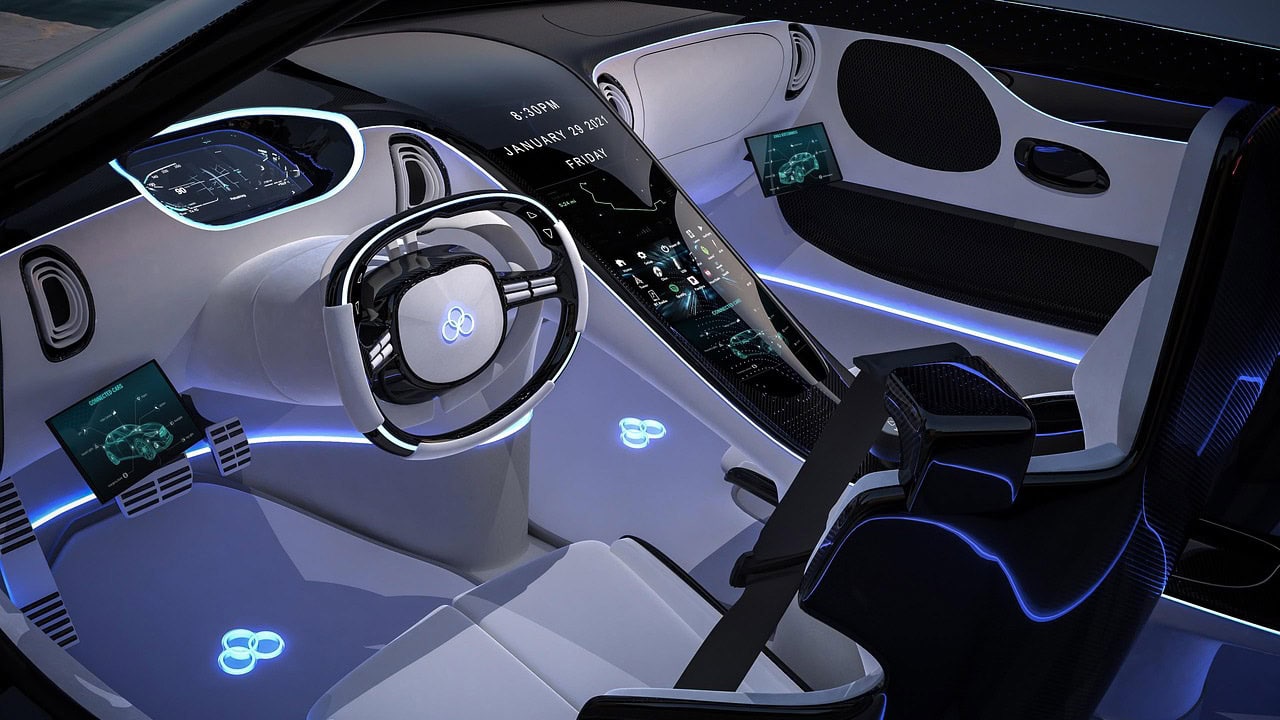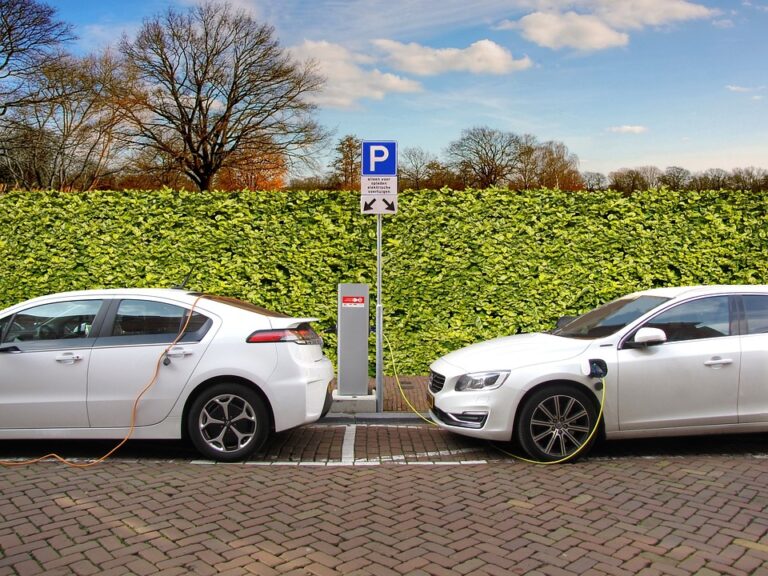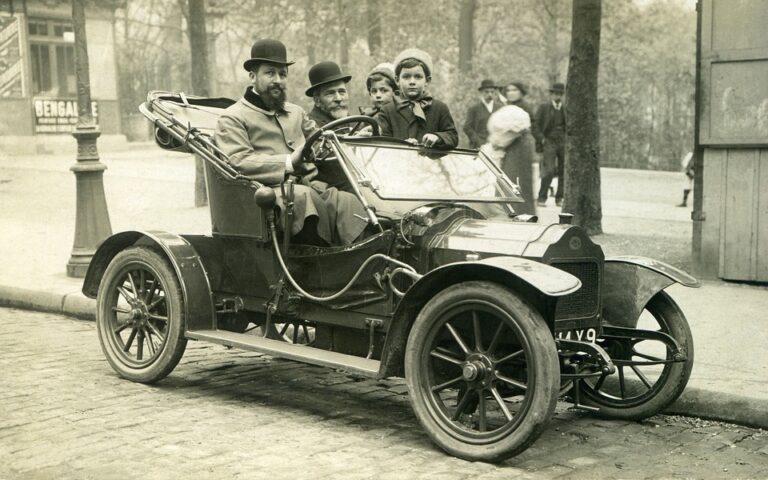Connected Car Technologies

Connected car technologies are at the forefront of this revolution, reshaping how we interact with vehicles and how these vehicles interact with the world around them. But what exactly are connected car technologies, and why are they so important?
What Are Connected Car Technologies?
Connected car technologies refer to the integration of advanced communication systems within vehicles, enabling them to connect to external networks and other devices. This connectivity allows for a wide range of functionalities, such as real-time navigation, remote diagnostics, and enhanced safety features.
The Basics of Vehicle Connectivity
The essence of connected car technology lies in its ability to communicate. This is achieved through various mediums such as cellular networks, Wi-Fi, Bluetooth, and dedicated short-range communications (DSRC).
These technologies facilitate Vehicle-to-Vehicle (V2V), Vehicle-to-Infrastructure (V2I), and Vehicle-to-Everything (V2X) communications, forming an interconnected ecosystem.
Types of Connected Car Features
- Infotainment Systems: These offer entertainment and information services, including streaming music, GPS navigation, and internet browsing.
- Telematics: This involves the use of telecommunications and informatics to provide a range of services such as remote diagnostics, emergency call assistance, and stolen vehicle tracking.
- Advanced Driver-Assistance Systems (ADAS): These systems enhance vehicle safety by providing features like collision avoidance, lane-keeping assistance, and adaptive cruise control.
The Benefits of Connected Car Technologies
The integration of connected technologies in vehicles offers numerous advantages, not only to the drivers and passengers but also to the broader ecosystem, including manufacturers, service providers, and urban planners.
Enhanced Safety and Security
One of the most significant benefits is the improved safety and security of vehicles. Real-time data exchange allows for proactive measures to prevent accidents and respond to emergencies more efficiently. Features such as automatic emergency braking and real-time traffic updates contribute to safer driving experiences.
Improved Efficiency and Convenience
Connected cars enhance the driving experience by providing seamless navigation, efficient route planning, and predictive maintenance alerts. This results in reduced travel times and lower operational costs, making daily commutes and long-distance travel more convenient and economical.
Environmental Impact
By optimizing routes and reducing idle times, connected car technologies contribute to decreased fuel consumption and emissions. Additionally, they enable better integration with electric vehicles, supporting sustainable transportation initiatives.
Challenges Facing Connected Car Technologies
Despite the numerous benefits, connected car technologies face several challenges that need to be addressed to realize their full potential.
Data Privacy and Security
With increased connectivity comes the risk of data breaches and cyberattacks. Ensuring robust cybersecurity measures and protecting user data is crucial for gaining consumer trust and ensuring the safe operation of connected vehicles.
Infrastructure Requirements
The deployment of connected vehicles requires substantial infrastructure investments, including the development of smart roads and the expansion of 5G networks. Bridging the gap between urban and rural connectivity is essential for widespread adoption.
Regulatory and Standardization Issues
The lack of uniform regulations and standards can hinder the growth of connected car technologies. Harmonizing regulations across regions and establishing clear standards are necessary for facilitating cross-border vehicle communication and ensuring interoperability.
The Future of Connected Car Technologies
The future of connected car technologies is promising, with continuous advancements and innovations on the horizon. As technology evolves, so will the capabilities of connected cars, opening new possibilities for the automotive industry and society as a whole.
Integration with Autonomous Vehicles
Connected car technologies are a stepping stone towards fully autonomous vehicles. By enabling communication between autonomous vehicles and their environment, these technologies will play a critical role in achieving safe and efficient autonomous driving.
Smart Cities and Urban Mobility
Connected cars will be integral to the development of smart cities, where data-driven urban mobility solutions enhance traffic management, reduce congestion, and improve public transportation systems. The synergy between connected vehicles and smart city infrastructure will redefine urban living.
Innovations in Vehicle Services
The rise of connected cars will also lead to innovative vehicle services and business models, such as car-sharing, ride-hailing, and on-demand mobility services. These services will offer consumers more flexible and cost-effective transportation options.
Conclusion
Connected car technologies are transforming the automotive landscape, offering a glimpse into a future where vehicles are smarter, safer, and more efficient. While challenges remain, the potential benefits of these technologies are immense, promising a revolution in how we experience mobility.
As we move towards this connected future, the collaboration between technology providers, automotive manufacturers, and regulatory bodies will be key in shaping a more connected, sustainable, and intelligent world.






